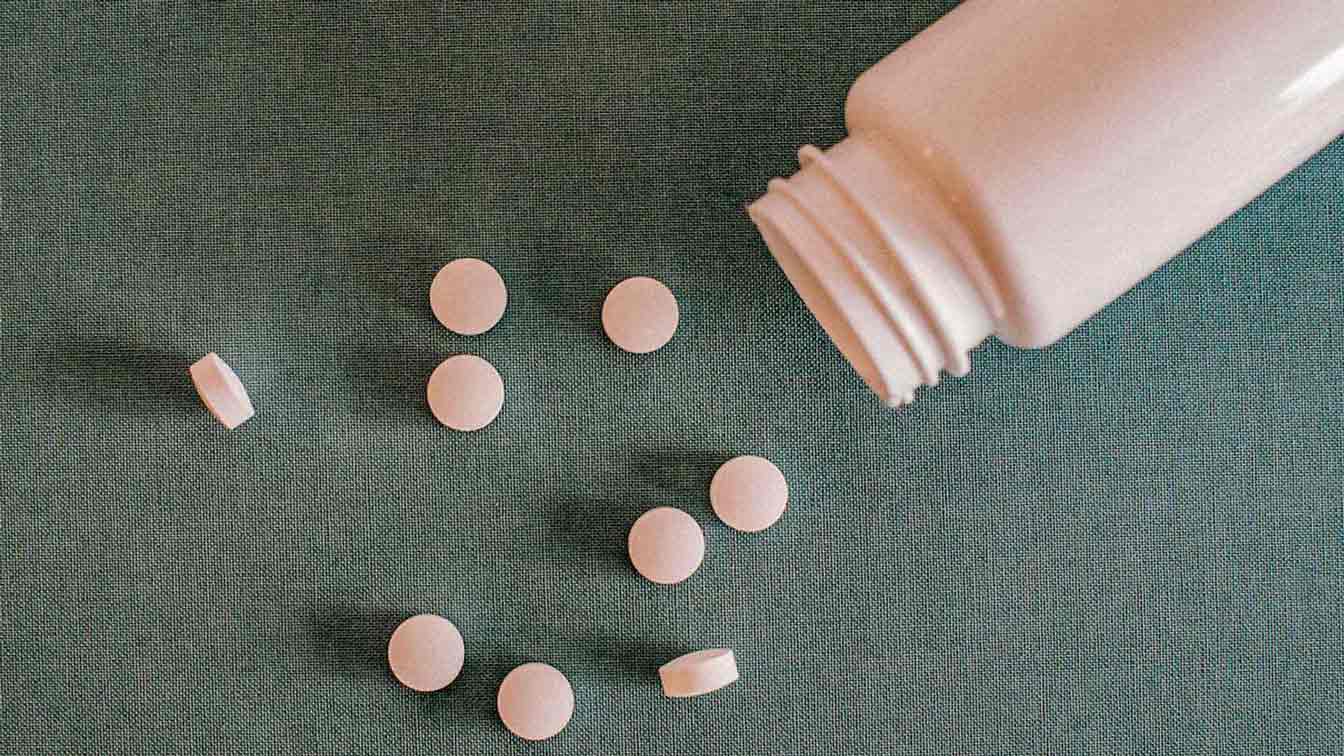If you’ve ever had to make a run to the restroom after doing a round of antibiotics, you’re not alone. Antibiotics play a critical role in treating bacterial infections but can also upset your digestion. Fortunately, probiotics can help restore your gut and help minimize these symptoms.*
What are antibiotics?
Antibiotics are an essential part of modern medicine and have completely changed the way bacterial infections are treated. They work by destroying or slowing down the growth of bacteria in your microbiome, the collection of microorganisms living in your gut. While this prevents harmful bacteria from spreading, it also wipes out the good bacteria in the process. This can disrupt the balance of your microbiome and lead to symptoms of diarrhea, bloating, constipation or even affect your mood.
How do probiotics help your gut after antibiotics?
Probiotics are live bacteria that are beneficial to your health. The strain and species of probiotics that will help the most can vary depending on your diet, environment, genetics and other factors. But taking probiotics with antibiotics can help restore the balance of your gut microbiome by introducing more good bacteria.* This helps crowd out the harmful bacteria and ensures your gut has a healthy ratio of good to bad, which leads to better digestion, immunity, mood and more. It also helps to reduce unwanted side effects.*
What foods have probiotics?
A lot of fermented foods—foods that are produced using microbes—naturally contain probiotics. These include:
- Yogurt
- Kefir
- Tempeh
- Natto
- Kombucha
- Sauerkraut
- Some pickles
- Miso
- Kimchi
- Sourdough bread
- Some cheeses
What foods contain prebiotics?
Prebiotics are non-digestible fibers typically found in plant foods that stimulate the growth of probiotics. Prebiotic-rich foods can enhance the effect of probiotics by helping them thrive and enrich your gut microbiome.
Sources of prebiotic fibers:
- Pectins (found in apples, carrots, apricots, cherries and citrus fruits)
- B-glucans (found in oats, barley and cereal grain)
- Inulin (found in garlic, onion, leeks, asparagus, oats, wheat, artichoke and soybeans)
- Fructans (found in aloe vera, plums, bananas, dates, prunes, onion leeks, asparagus and beets)
Last words
If your doctor prescribes a round of antibiotics, ask them if starting probiotic supplementation is a good option to help negate some of the negative effects. If it’s right for you, look for one that contains a variety of strains to promote a diverse microbiome—and don’t forget to add some prebiotic-rich foods in your diet too!
Check out: A guide to good health from a nutritionist next.
About Agnes
Agnes is an accredited nutritionist by SNDA (Singapore Nutrition & Dietetics Association). Prior to Persona, she worked in community settings, providing training and managing events. She loves working with people and is passionate about changing people’s lives through nutrition.
Agnes is just one of the many experts at Persona who are here to accelerate your wellness journey. If you have questions about nutrition or your personalized program, reach out now or book a free appointment with Agnes or another of our amazing nutritionists.
*These statements have not been evaluated by the Food and Drug Administration. This product is not intended to diagnose, treat, cure, or prevent any disease.
This information is not intended as a substitute for the advice provided by your physician or other healthcare professional, or any information contained on or in any product label or packaging. Do not use the information from this article for diagnosing or treating a health problem or disease, or prescribing medication or other treatment. Always speak with your physician or other healthcare professional before taking any medication or nutritional, herbal, or homeopathic supplement, or using any treatment for a health problem. If you have or suspect that you have a medical problem, contact your health care provider promptly. Do not disregard professional medical advice or delay in seeking professional advice because of something you have read in this article.

